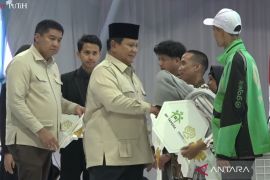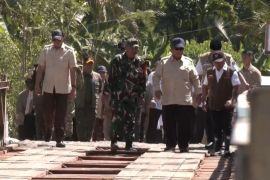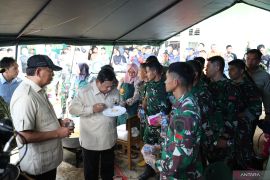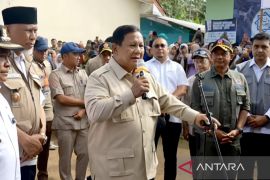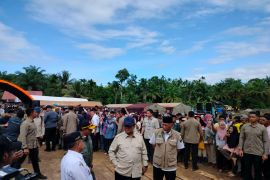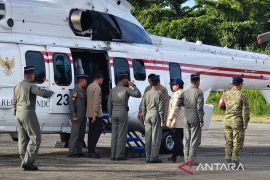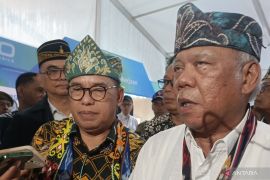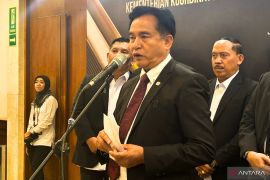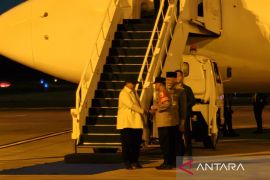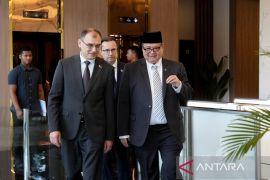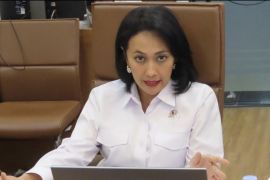"The President has ordered the Indonesian delegation to take an active role in persuading the 159 members of the World Trade Organization (WTO) to create a new multilateral trading system that will be mutually complementary and based on the principle of solidarity," Riza Damanik said here on Wednesday.
He said that the existing trading system under the WTO made trade highly competitive, especially for countries selling similar products in different markets.
In fact, the initial principle that led countries to engage in trade with other nations -- exchanging goods produced at home for those that could not be produced at home -- no longer holds true.
"For example, we can import dates that cannot be produced in Indonesia from Arab countries," he pointed out.
Today, however, Indonesia also imports products it can produce at home, such as soybeans from the United States and milk from Europe.
He noted that the WTO forum is increasingly being used by advanced countries to force developing countries to implement policies that allow developed countries to control production and markets in developing nations.
On Tuesday, President Yudhoyono officially opened the ninth Ministerial Conference of the World Trade Organization (WTO) in Bali.
The four-day meeting, from December 3 to 8, is being attended by 159 WTO member countries. The meeting aims to forge a multilateral trade deal after 12 years of delays under the Doha round.
In his opening address, President Yudhoyono called on the delegates to cooperate and draft an agreement that promotes a fair and inclusive multilateral trading system.
"I really hope that significant progress is made in the negotiations in Bali," the president noted.
The president added that now is the right time to encourage multilateral trade and prevent the global economy from falling into recession.
He also said that he believes multilateral trade could boost peoples welfare and alleviate poverty in various parts of the world.
Trade Minister Gita Wirjawan, who is the chairman of the WTO Ministerial Conference, noted that the success of the conference would send a strong message to the world about the multilateral trading system and the WTO.
Gita also warned that multilateral trade faces the risk of failure if no agreement is reached at the Bali conference.
"Multilateral trade will be vulnerable to attack and WTO policies will be questioned if we dont reach an agreement here," he added.
After 12 fruitless years under the Doha round, there are high expectations that the WTOs member countries will arrive at an agreement in Bali, Gita noted.
"The Doha Round has continued for 12 years and it would reflect badly on all of us if there is no agreement in Bali," he said.
Gita stated that certain issues have been agreed upon by some states, but there are some issues that every state needs to agree upon.
Indonesia, as the conference host, has the obligation to bridge the interests of the poor and developing nations with those of the developed countries through a Bali package.
There are three main issues that need to be resolved at Bali.
"The bargaining issue of least developed countries has been agreed upon by the 159 member countries," said Gita.
Indonesia will push for agreement on at least one main issue in Bali if the ninth WTO Ministerial Conference faces another deadlock in negotiations. The Bali package deals with several issues, including trade facilitation, agriculture and the problems of least developed countries.(*)
Editor: Heru Purwanto
Copyright © ANTARA 2013
